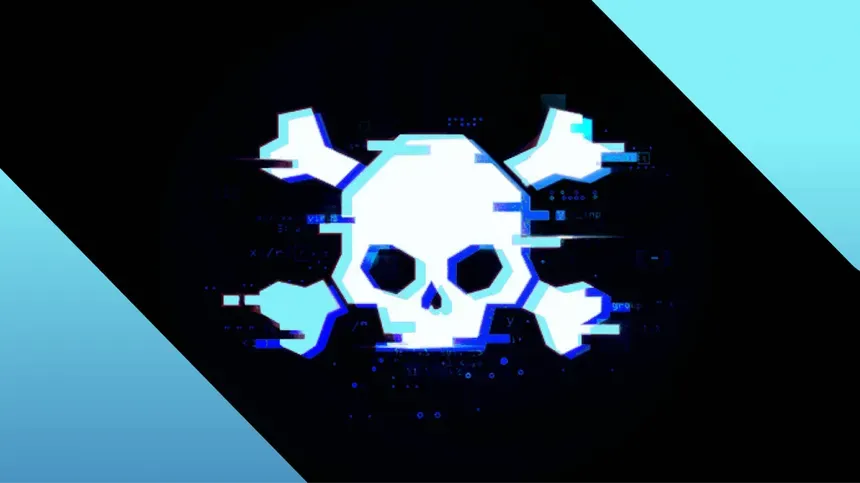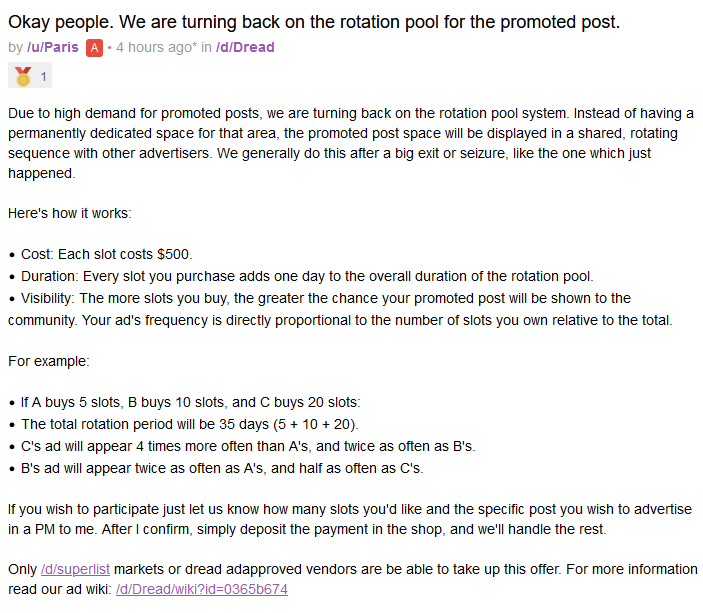FBI and CISA Warn of Rising Medusa Ransomware Threats
Cybercriminal Group Medusa Targets Critical Infrastructure Sectors A sophisticated cybercriminal group known as Medusa has been targeting many critical infrastructure sectors in the United States.

Cybercriminal Group Medusa Targets Critical Infrastructure Sectors A sophisticated cybercriminal group known as Medusa has been targeting many critical infrastructure sectors in the United States, including healthcare, technology, manufacturing, and insurance. The group has been increasingly active in recent months, racking up an alarming number of victims and seemingly expanding its network of affiliates. Medusa is known for using highly advanced techniques to gain access to sensitive systems and data. Once inside, the group steals valuable information, disrupts operations, and demands ransom payments from victims.
In some cases, Medusa has been known to sell access to compromised systems on the dark web to other criminal groups. Medusa's activities have particularly hard hit the healthcare sector. The group has targeted hospitals, clinics, and medical research facilities, stealing sensitive patient data and disrupting critical operations. In some cases, Medusa has demanded ransom payments to restore access to vital systems. The technology sector is also a significant target for Medusa.
The group has targeted software companies, cloud providers, and other tech firms, stealing intellectual property and customer data. In some cases, Medusa has used this information to launch further attacks against downstream victims. Medusa's activities have raised concerns among federal authorities, who are warning critical infrastructure operators to be on high alert. The group is known for its technical sophistication and its ability to evade detection by traditional security measures. At the same time, some experts are expressing skepticism about the federal government's response to Medusa's activities.
They argue that while the government has been quick to issue warnings and alerts, it has done little to address the root causes of the problem.
The reality is that many critical infrastructure operators are still using outdated systems and software that are vulnerable to attack, said one expert,
who asked to remain anonymous. "Until we address these underlying issues, groups like Medusa will continue to pose a threat." Medusa's activities highlight the growing challenge of cybercrime for critical infrastructure operators. As systems become more interconnected and data becomes more valuable, the risks of attack increase. At the same time, the resources and expertise needed to combat these threats are often beyond the reach of individual organizations. To address this challenge, some experts call for more significant government and industry cooperation.
They argue that both sides can better understand and respond to emerging threats by sharing information and working together. "The only way to stay ahead of groups like Medusa is through collaboration and information sharing," said another expert. "By working together, we can build a more secure future for all."




